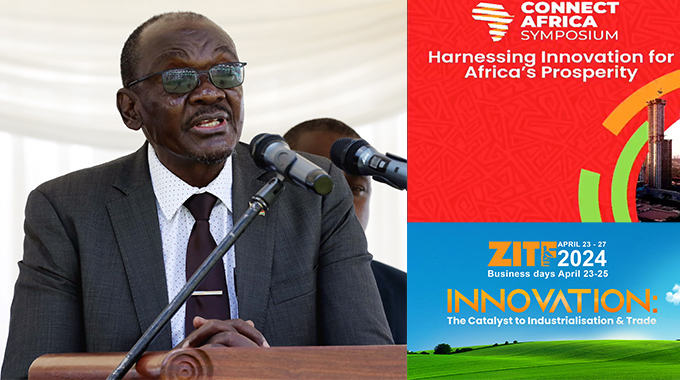Textile sector seeks Govt bail out

Oliver Kazunga, Senior Business Reporter
THE Zimbabwe Textile Manufacturers’ Association (Zitma) has appealed for a working capital and retooling bailout from Government.
Vice chairman, Mr Freedom Dube, said they were in the process of compiling the sector’s funding requirements before they approach the Government for assistance.
“We are in the process of compiling the amount of funding required by the textile sector as a whole,” he said.
“We will soon approach the Government seeking funding to bail out textile companies as most of them need to retool as you might be aware some of the machinery in these firms is outdated.”
The Confederation of Zimbabwe Industries (CZI) has in the past raised concern that most of the plant equipment in local companies was more than 40 years old and have outlived their life span.
In February, Reserve Bank of Zimbabwe Deputy Governor Dr Kupukile Mlambo revealed that the monetary authority was working on providing long-term funding for retooling to local companies on the back of the envisaged massive investment under the new economic order.
The new political dispensation has embarked on a programme to lure investors from across the globe through re-engagement with the international community after over a decade of isolation.
Among other facilities to stimulate export growth, the Central Bank has come up with a $20 million export development facility for exporters in the manufacturing and horticulture sectors.
The facility, which has three-year tenure, follows an arrangement agreed upon between the RBZ and ZimTrade last year, which attracts a 7,5 percent interest rate per annum and is being disbursed through Homelink Finance and Agribank.
Mr Dube said the country’s textile sector was also being affected by foreign currency shortage.
“The sector is hanging in there, it’s being affected by the shortage of foreign currency and those few remaining companies operating are facing challenges to procure raw materials because they are not on the Reserve Bank of Zimbabwe forex allocation priority list.
“We are not on the forex allocation priority list and as Zitma we are in constant dialogue with the Ministry of Finance and Economic Planning to try and get an allocation,” he said.
Companies in the sector, Mr Dube said, were also facing shortage of lint as the country was yet to reach its former optimum levels on cotton production.
Following the rebound last season, cotton output is this year expected to be significantly higher compared to 74 000 tonnes delivered in 2017. Zimbabwe’s cotton industry had virtually collapsed when output declined to 28 000 tonnes by 2015, the lowest in more than two decades after farmers abandoned the crop due to low producer prices. Following Government’s intervention, production has risen with farmers taking up cotton farming again. At its peak in the 1990s, the textile industry used to employ over 20 000 people and thousands more across the downstream sector.
@okazunga












Comments